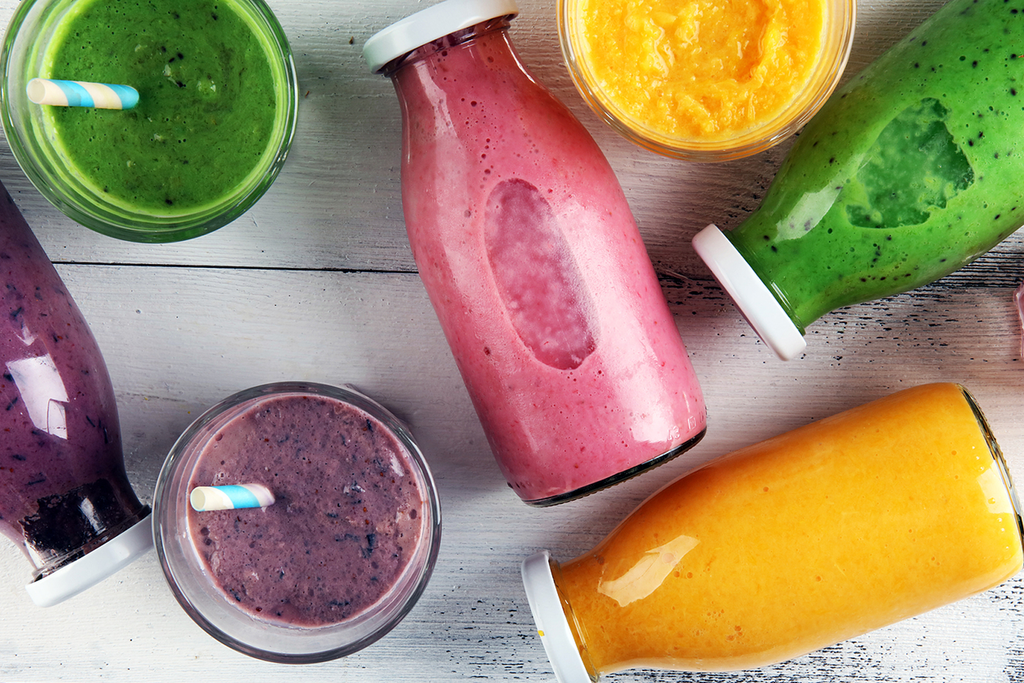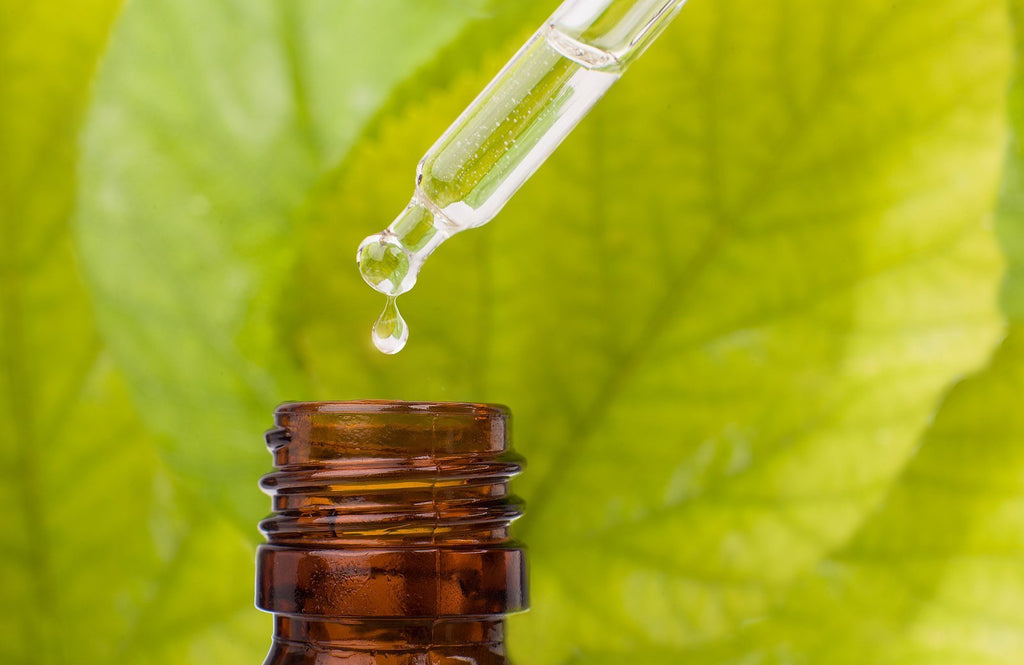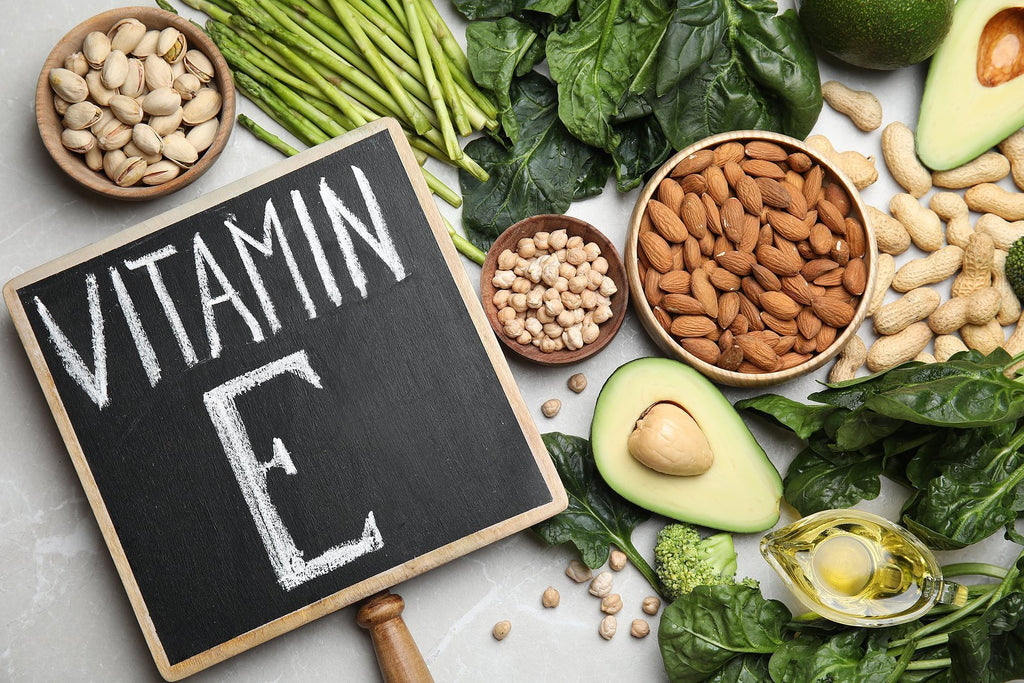5 Benefits of Kale You Don’t Want to Miss
You might have seen a rise in the popularity of kale as a “super veggie” – and for a good reason.
Kale is one of the most nutrient-dense vegetables that exist, and a single cup of this incredible veggie provides high quantities of micronutrients, antioxidants, vitamins, electrolytes, and minerals.
Because of its strong, earthy taste, many people turn to iceberg or romaine lettuce and, unfortunately, miss out on the super-charged benefits kale has to offer. But there’s good news: excellent products exist to get raw, organic kale into your diet simply and deliciously!
Today we want to discuss some of our favorite scientifically supported benefits of kale, and how you and your family can benefit from this incredible vegetable.
The Nutritional Makeup of Kale
Because kale is so dense with nutrients, it is hard to compare with other vegetables. It is in the cabbage family but is physically very similar to lettuce.
For the sake of comparison, this chart gives you an idea of the primary nutrients in kale and how they compare in quantity to iceberg lettuce.
You can see that the nutrient profile is significantly better and that a single cup of kale can provide a large portion of the recommended daily value for many vital nutrients.
Just as another note – by weight, kale has almost two times the vitamin C of your average orange and more calcium than milk!
1. Kale is an Immune-Booster Full of Antioxidants
Antioxidants are substances that bind with and neutralize free radicals, thereby helping to prevent cellular damage and disease.
Left unchecked and unbalanced, an excess of free radicals can create a condition in your body called oxidative stress – which can cause countless adverse physiological changes.
Some of the conditions associated with oxidative stress include:
- Chronic inflammation
- Neurodegenerative diseases (such as Alzheimer’s and Parkinson’s)
- Cancer
- Diabetes
- High blood pressure
- Stroke
- Chronic fatigue
2. Kale Helps Lower Cholesterol
High levels of LDL (bad cholesterol) is intricately linked to heart disease, as it blocks blood pathways throughout your body and clogs arteries.
One excellent study followed men with high cholesterol who drank kale juice every day for three months. By the end of the study, they had raised their levels of HDL (good cholesterol) by almost 30%, while at the same time reducing their LDL levels by 10%.
Key takeaway: Kale in your diet can help keep your arteries clean and your heart safe.
3. Kale Helps Fight Cancer
The carotenoids (pigments that make the kale leaves green) are themselves also antioxidants and have been shown to exhibit anticancer properties. When you combine that with the high quantities of vitamin C, sulforaphane (a compound that has been known to fight cancer on a molecular level), and other anticancer substances, you get a vegetable that has earned a good reputation in the cancer-fighting arena.
4. Kale Reduces Inflammation
Many of the nutrients that kale provides your body act as potent anti-inflammatories, including:
- Vitamin C
- Carotenoids
- A range of 45 flavonoids (plant chemicals) that have been shown to reduce or fight chronic inflammation
- Omega-3 fatty acids
The blend of plant nutrients in kale has made it a favorite for dietitians and nutritionists who are looking for natural ways to fight and reduce chronic inflammation without resorting to medication.
5. Kale Helps Protect Your Eyes
Your body uses two of the carotenoids in kale (lutein and zeaxanthin) in the composition and maintenance of your visual system. Routine consumption of kale is known to:
- Help prevent cataracts
- Reduce macular degeneration (which is when the central portion of your retina wears down over time – one of the primary causes of vision loss in people 60 and over)
- Reduce visual disability from glare
- Reduce the time it takes for your eyes to recover from bright light
In other words, making kale a staple in your diet can help you keep your eyesight strong through the many years of your life!
Easy Ways to Add Kale to YOUR Diet
Okay, so you understand how amazing kale is – but the question remains – how can you easily add it to your diet?
The best way, of course, is to get organic kale from your local produce or grocery store and include it in your salads or as a side in your meals. Raw or cooked, this will definitely do the trick – and it IS readily available in most places.
But if you’re like us, you probably want an easier way – in which case BodyManual’s Super Green Foods is your best answer. It comes in capsules or a delicious powder, and it is FULL of 20 key vegetables your body needs.
I mean – come on, what could be easier than getting your greens by taking a couple of capsules each day?
Try it today!
⭐️⭐️⭐️⭐️⭐️
I love BodyManual products, I've been buying this for a while for my husband to add to his veggie shake in the morning and he loves it. When he goes on a business trip and he doesn't have it for a week he feels sluggish... I will continue buying this for a while!
-Katie V | Super Green Foods
Know Your Body - Know Your Health






